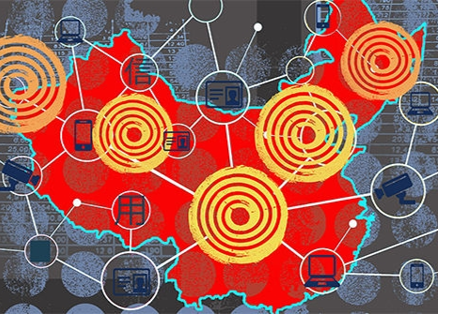I read an article recently and this quote really stood out: “Data is what drives A.I., and China has more data than anyone else”. They have a joined up approach to data and work in the collective interest. As a consequence, their capabilities begin to outperform others and they will dominate markets. I won’t get into the politics of how they do it, but what I really admire is the vision.

I compare this to our own quest to transform project delivery through project data analytics. We have a similar quest, but the challenge of herding cats is incredibly difficult.
We have tried to bid for innovation funding for a construction data trust to enable organisations to pool project delivery data. But we have been told that it is too big, too bold or ‘we aren’t ready for it’. So we are working with industry to make it happen anyway at a tactical level.
We then speak to construction companies to explore whether they are willing to pool data. There are 3 clear camps:
-
Data anxiety. I have lots of data, but if I aggregate it or open it up I am worried about what people will find in it. When I combine it my own team can really start to see what is going on, which could create a lot of issues within the business. A lot of the data is sensitive. We aren’t ready for this.
-
Data hoarders. I have lots of data. My data is extremely valuable and I will never release it. If I do release it then others will benefit from my data. My data includes IP that I don’t want released. I want to develop my own capabilities from this data that give me an edge over my competitors; it is an arms race that I want to win; with data at its core.
-
Data visionaries. I have lots of data. I appreciate it is extremely valuable, but it has far greater utility when aggregated. When I aggregate it, I also benefit from a feedback loop so that I can improve it. I work with my clients and suppliers to work in the collective interest. We are in an arms race, but let the winners outperform on the basis of effective end to end data pipelines and innovation over closed systems.
There is a 4th camp too. Those who will seek to embed clauses in contracts to give them access to data for their own benefit. This is likely to end in dispute as clients become more dominant and intermediaries seek access to data that they technically have no rights over. It is easy to see that this route won’t end well.
If we want to change this, we MUST think like China. Agree the vision and collaborate to deliver it. Tactical considerations may provide arguments to support closed systems, but they will only deliver short term benefit. Benefit that often arises to the detriment of others. We are far better to work together, pool data and develop solutions that work in our collective interest; unlocking a vast array of innovations that drive up delivery productivity and make projects more investable. More projects will emerge, creating more jobs and turbocharging the recover.
Surely, this is a no brainer?
Is it time for government to encapsulate this in their portfolio strategies and reward those who share the vision at the expense of those who work to narrow self interests? The world is broken; we need to pull together to make a difference.





